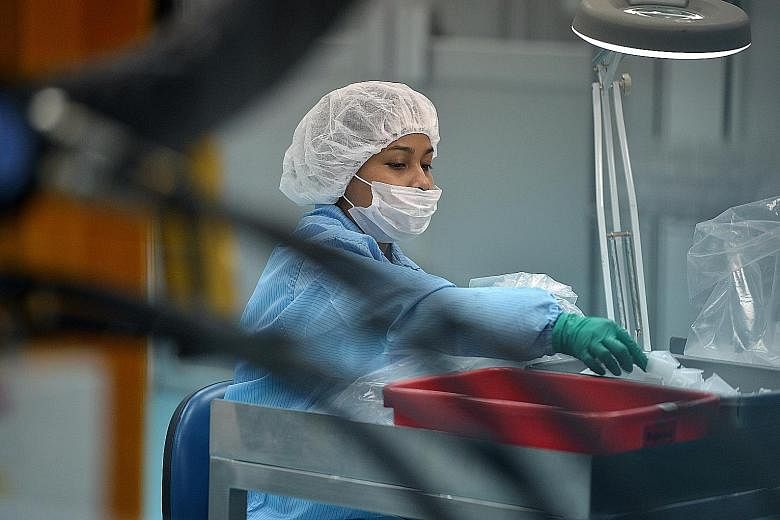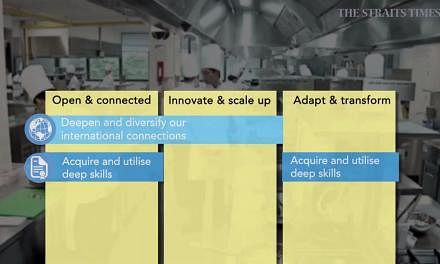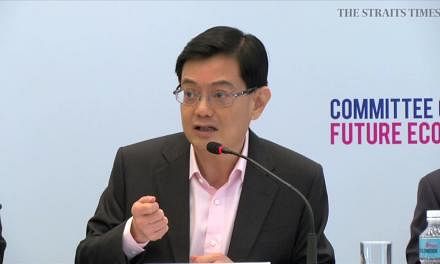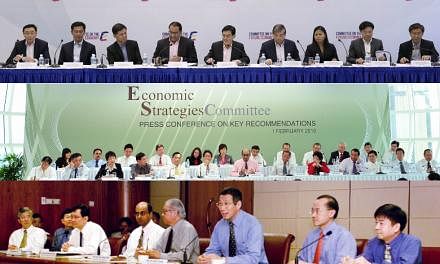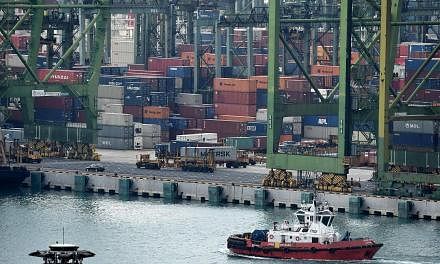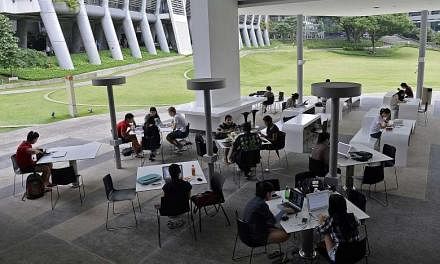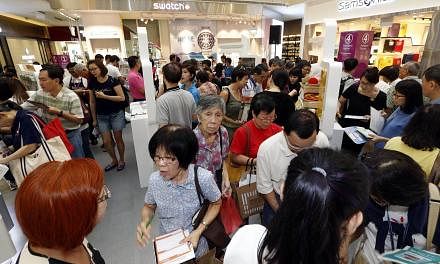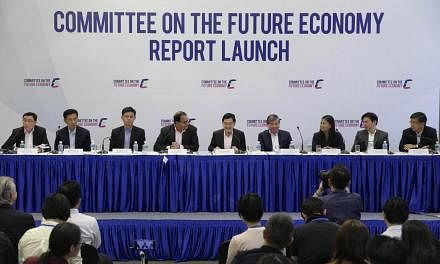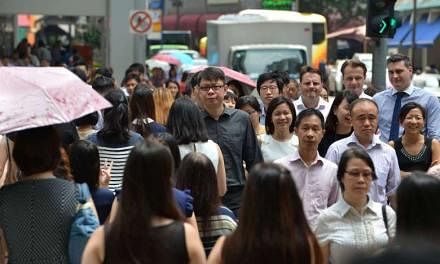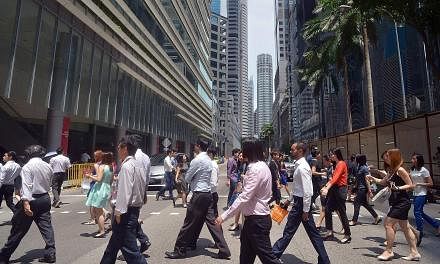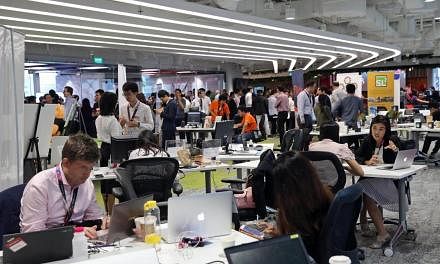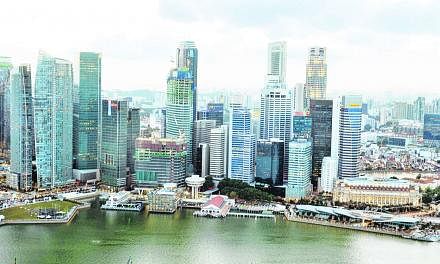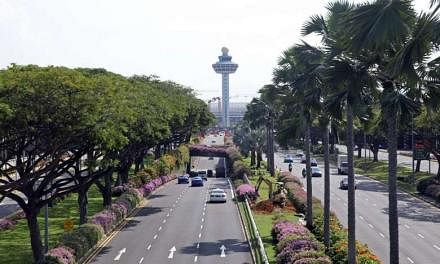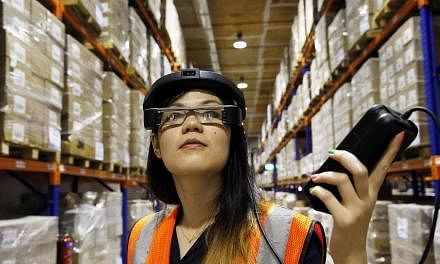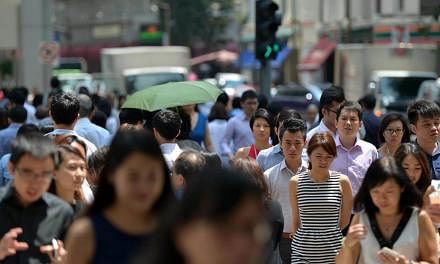Strategy 6: Develop and implement Industry Transformation Maps
The development of Industry Transformation Maps (ITMs) will play a key role in positioning Singapore's economy for the future, said the Committee on the Future Economy.
The ITMs, which are blueprints to strengthen local industries, are part of a $4.5 billion programme announced in the 2016 Budget to promote growth, help companies become more competitive and create good jobs in 23 sectors.
The committee said in its report that the ITMs can be improved by adopting a cluster approach "to foster synergies across industries, not just within industries".
It noted that there is potential to develop a ready pool of skilled workers who can take up jobs within various industries that require similar skills, such as food services and hospitality industries.
Precision engineering firms, too, could become more competitive with support from companies within other manufacturing sectors, such as aerospace.
-
6
-
Number of Industry Transformation Maps (ITMs) that have been rolled out so far - in retail, food services, hotels, precision engineering, logistics and food manufacturing.
"As we launch more ITMs, we can begin to organise related ITMs on a cluster basis, where the transformation of one industry can have positive spillover effects on the other," said the committee.
"These should be reviewed regularly to ensure that the industries and clusters remain relevant."
The committee also noted that it is important to move in step with changing industry configurations. For example, wearable technologies are an industry in themselves, yet they also bring together the fashion and healthcare industries.
"New industries that do not fit into existing classifications will emerge. When they do, we should facilitate, not impede, such developments."
Six ITMs have been rolled out so far - in retail, food services, hotels, precision engineering, logistics and food manufacturing. The remaining 17 are slated to be launched by the end of this year.
Together, the road maps will cover about 80 per cent of the economy.
The committee said the road maps should continue to be customised to suit the needs of each industry, rather than take a one-size-fits-all approach, given that different industries have different challenges and opportunities.
It said: "As markets and technologies change, each industry will need to react differently. We should continue to adopt a tailored approach for each industry, so we are focused on where the potential can be best realised in each case."
It noted that road maps for industries with good growth prospects will help companies upgrade their capabilities to seize new opportunities and create good jobs.
The logistics industry, for example, is positioned to tap Asia's rising middle class and the growth of e-commerce.
"The logistics ITM will support companies to leverage technology and adopt best-in-class supply chain practices. In addition, the logistics industry skills framework will support Singaporeans to upgrade their skills and take on jobs in this sector," the committee said.
Other industries that require large numbers of low-skilled workers will have to ramp up productivity and upgrade their jobs.
The road map for the retail industry, which is facing disruption from e-commerce players, will encourage productivity growth through the use of innovative business formats and technology, said the committee. These could include storefront self-checkout and cash management, as well as backend shared logistics services such as self-collection lockers.
The committee noted that retail jobs can also be redesigned to make them more attractive to Singaporeans, while retail enterprises can acquire new capabilities to broaden their customer base.
The committee added that the road maps, as a whole, should be used to integrate planning and implementation to ensure all of the strategies can come together in a coherent way to meet the needs of Singapore's diverse industries.
"Our approach is not to pick winners, but to build capabilities to give our enterprises and workers the best chance of succeeding in the open market," it said.
"While some enterprises will succeed, others that are slow to adapt will not, and we should accept this."
